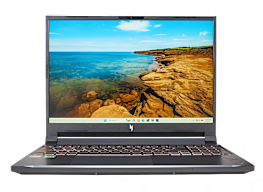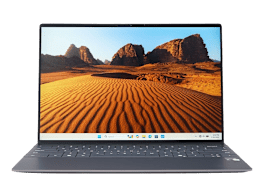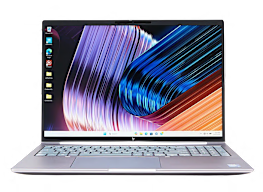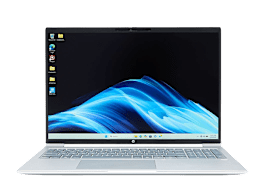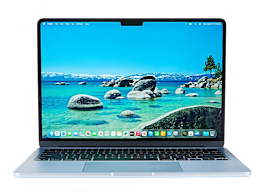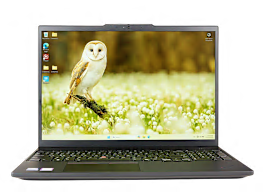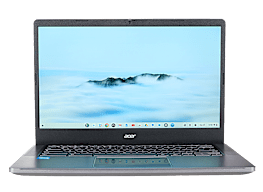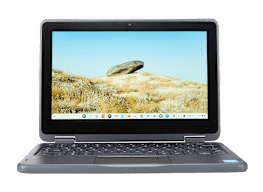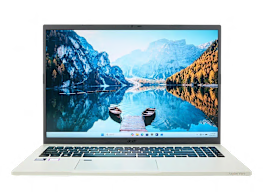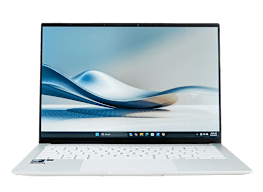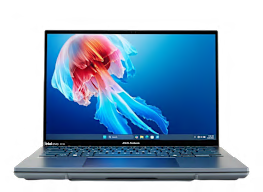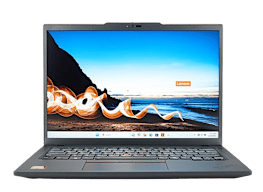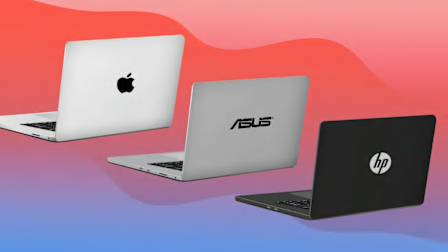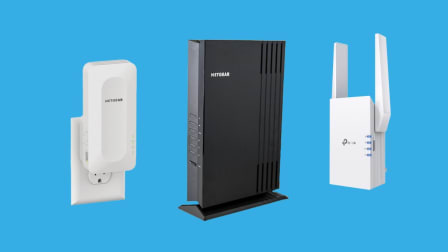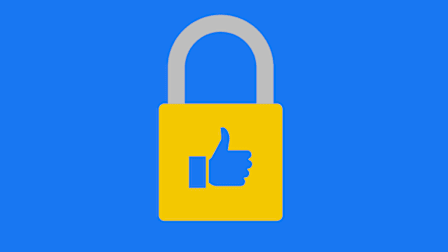Amid Tariff Uncertainty, Is This the Best Time to Buy a Laptop?
Prices are stable for now, but that could change quickly if new tariffs hit and retailers need to restock their shelves
When you shop through retailer links on our site, we may earn affiliate commissions. 100% of the fees we collect are used to support our nonprofit mission. Learn more.
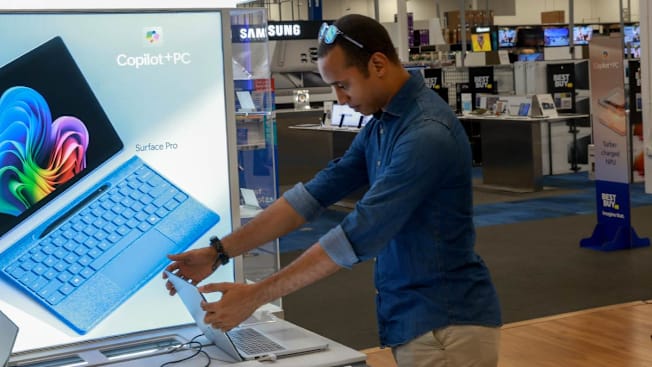
If you’re in the market for a new laptop, there’s good news and bad news.
The good news: Right now, prices are relatively stable and supply is healthy.
The bad news: That might not last much longer.
Following months of political and legal wrangling over new import tariffs on goods from China, including laptops, the situation remains in flux. Industry analysts say we’re probably at or near a low point in laptop pricing—especially with Amazon Prime Day happening July 8-11.
Price Hikes Are Coming
Industry experts say that retailers are relatively well-stocked right now, partly because major brands like Lenovo and HP ramped up U.S. deliveries earlier this year in anticipation of higher tariffs. Once that inventory sells through, prices on restocked models are likely to rise.
Some price hikes have already been announced. HP, one of the largest PC manufacturers, recently said that it would roll out “targeted pricing actions” on certain products in response to tariff-related cost pressures. Other brands, including Acer and Asus, have said much the same.
To soften the blow, manufacturers might also raise prices globally by a small percentage rather than sharply increasing them in the U.S. alone. “That would help overall prices everywhere go up a little bit,” Dutt says, “but you don’t see this dramatic increase in the U.S.”
In addition, some manufacturers may shift production to places other than China. HP said that it expected most of its North American products to be produced outside of China by this summer, according to reporting in The Wall Street Journal, but that’s not something all manufacturers will do, especially if their U.S. sales are relatively small.
“Moving production outside of China is very costly,” Bouchard says. “The top manufacturers can do it, but if you’re a smaller company with tighter profit margins, it’s a very substantial cost to do that.”
What Kind of Laptop Do You Need?
With all of that being said, it’s worth keeping a cool head. There’s no reason to panic-shop for the most expensive laptop you can afford when a more thoughtful, needs-based purchase can save you money.
“Maybe consumers don’t need a system that expensive,” Bouchard says. “Maybe they need something that’s just good enough to do everything they need it to do, but it doesn’t need to cost $2,000.”
For everyday tasks like web browsing, making video calls, document editing, and streaming, modern laptops priced from $500 to $700 can do a great job. More expensive models exist, of course, but you shouldn’t have to spend top dollar unless you’re a gamer or serious video editor.
For everyday consumers, factors like battery life, keyboard comfort, and screen quality can matter more than raw horsepower. Chromebooks, many priced under $500, remain a low-cost option for many students and casual users, while plenty of Windows laptops and Apple’s MacBook Air offer a good balance of performance and convenience for many consumers.
And if you’re looking to stretch your dollar even further, consider older models. Previous-generation laptops often deliver comparable performance at a significantly lower price. Consider the MacBook Air. Yes, the recently released M4 MacBook Air is the fastest, most powerful MacBook Air ever made, but if you’re only doing light work like browsing the web and editing documents, the M1 MacBook Air from 2020—still available brand-new at Walmart for $650—may be the smarter buy.
You might also consider certified refurbished laptops sold directly by Apple, Samsung, and other manufacturers or retailers. These products often come with new one-year warranties and undergo thorough inspections, offering peace of mind at a lower price.
Below are details on three highly rated yet moderately priced laptops, available to CR members. They all provide good value.

